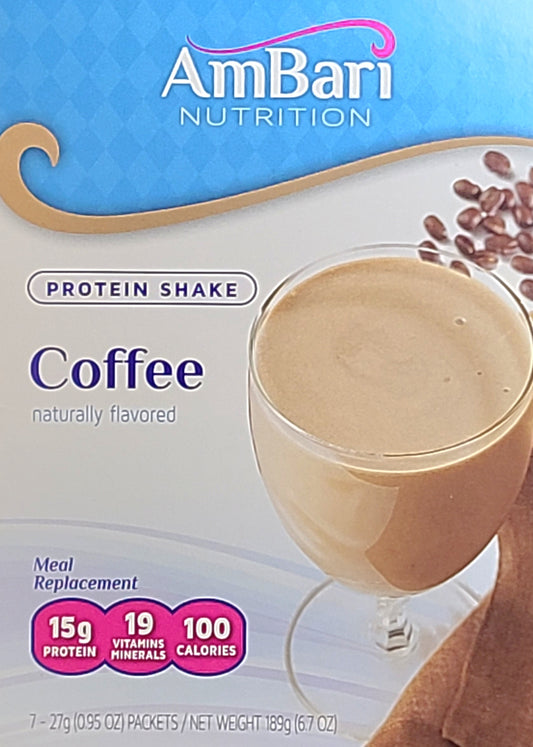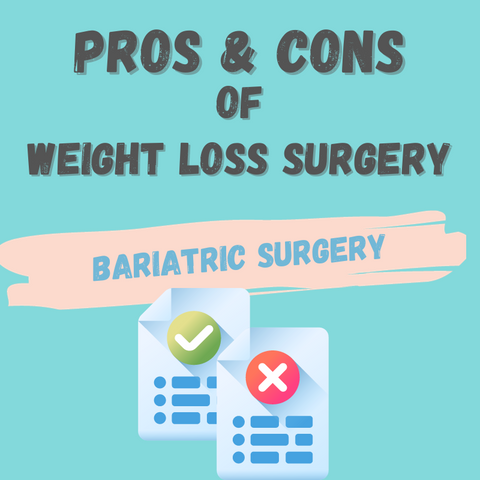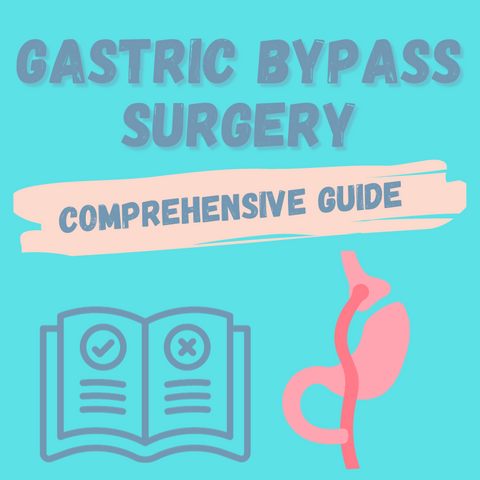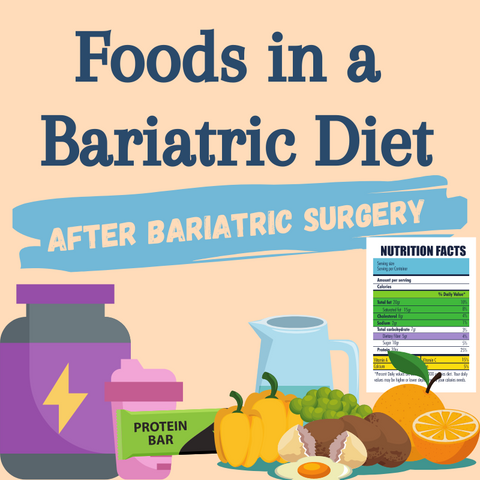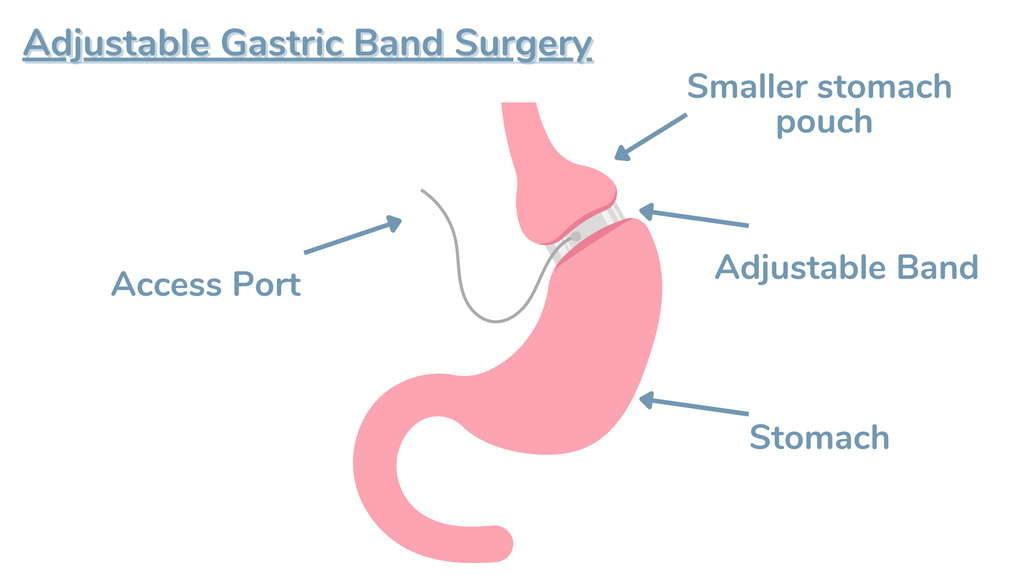Most bariatric surgeons and dietitians recommend completely avoiding caffeine for at least 6 weeks after surgery. More

Bariatric surgery procedures like gastric bypass and sleeve gastrectomy help promote major weight loss by reducing stomach capacity and calorie absorption. However, these anatomical changes also affect your ability to tolerate certain foods and beverages after surgery. One item that is typically off limits, especially right after surgery, is caffeine.
Caffeine is present in coffee, tea, soda, energy drinks, and chocolate. It’s a stimulant that can aggravate side effects or stall weight loss if consumed too soon after bariatric surgery. This article will cover why caffeine restrictions exist post-op, when it’s safe to reintroduce caffeine, and how much you can tolerate long-term.
Why You Can't Have Caffeine After Bariatric Surgery
Consuming caffeine shortly after surgery can exacerbate unpleasant side effects like dumping syndrome, nausea, vomiting, diarrhea, dehydration, and cramping. It can also contribute to ulcers, adhesions, irritation or inflammation of the stomach and intestines while they are still healing.
Additionally, caffeine is a stimulant that can increase acid production in the gut, as well as raise heart rate and blood pressure. These effects are amplified when combined with anatomical changes from surgery that shrink the stomach’s capacity. It’s best to avoid caffeine initially so your body can heal properly.

How Long Until You Can Have Caffeine Post-Op
Most bariatric surgeons and dietitians recommend completely avoiding caffeine for at least 6 weeks after surgery. Some may extend this restriction to 12 weeks depending on the procedure and your individual recovery.
After your post-op diet has progressed through the necessary stages, you can begin cautiously reintroducing caffeine back into your diet around 6 weeks. Have no more than 4 ounces of caffeinated coffee or tea per day at first. Pay attention to any side effects like increased bowel urgency, cramping, nausea, etc and reduce intake if necessary.
Some bariatric patients remain highly sensitive to caffeine for 3-6 months after surgery. Listen to your body and go slowly with adding caffeine back in.
Is There a Safe Amount of Caffeine After Bariatric Surgery?
As a general rule, 200mg of caffeine (equivalent to 1-2 cups of coffee) is considered a moderate amount that most bariatric patients can tolerate once fully healed from surgery. However, sensitivity varies greatly from person to person. Some may only be able handle less than 100mg, while others can have 300mg or more without issues.
If you find even small amounts of caffeine trigger dumping syndrome, diarrhea, nausea, or other symptoms - it’s best to avoid it altogether, similar to recommendations for other healthy foods requiring avoidance long-term post-op. Listen to your body.
Tips for Avoiding Caffeine After Bariatric Surgery
Here are some tips to help you minimize caffeine intake while you recover from surgery:
Substitute coffee or black tea with herbal caffeine-free teas like chamomile, peppermint, ginger or green tea. Switch to acid-free decaf coffee if you really miss the flavor. Just check labels since decaf still contains a small amount of caffeine. Coffee flavored protein shakes are another good caffeine-free substitute. Avoid soda, energy drinks, chocolate, and caffeine pills which have high concentrations. Get guidance from your bariatric dietitian on when and how to reintroduce regular caffeinated beverages. Use a food journal to track symptoms when slowly adding caffeine back to your diet.The Takeaway on Caffeine and Bariatric Surgery
Avoiding caffeine completely for about 6 weeks after bariatric surgery allows your body to heal and helps minimize side effects like dumping syndrome. After that, you can slowly reintroduce caffeine back into your diet while carefully monitoring your individual tolerance. Some patients remain sensitive long-term and find they cannot tolerate caffeine at all. Work closely with your bariatric surgery team to determine what’s right for you.
Writer: Allison Allison, a certified nutritionist and research author, brings over 15 years of experience in the health and weight loss industry. Allison's influence extends through her authorship of multiple health and wellness journals, where she shares her expertise and research on medical weight loss and bariatric medicine. |
Reviewed By: Dr. K. Huffman Dr. Kevin D. Huffman, D.O., is a board-certified bariatric physician renowned for his expertise in treating obesity. With over 10,000 patients and a reputation as a national leader in bariatric medicine, he has trained hundreds of healthcare providers. As the founder of American Bariatric Consultants, Dr. Huffman develops protocols and training materials sought after by medical societies, pharmaceutical companies, patients, and hospitals. |




